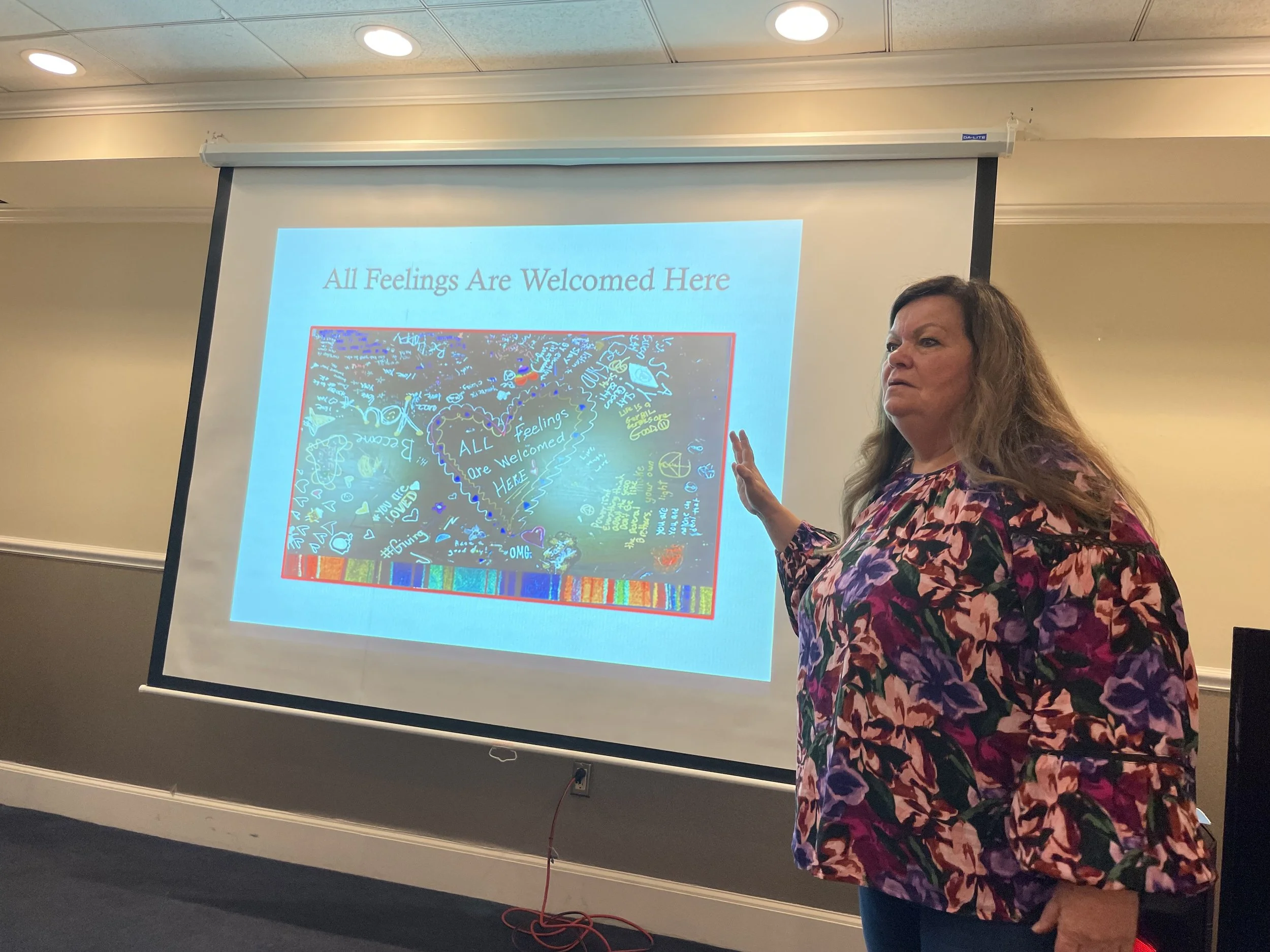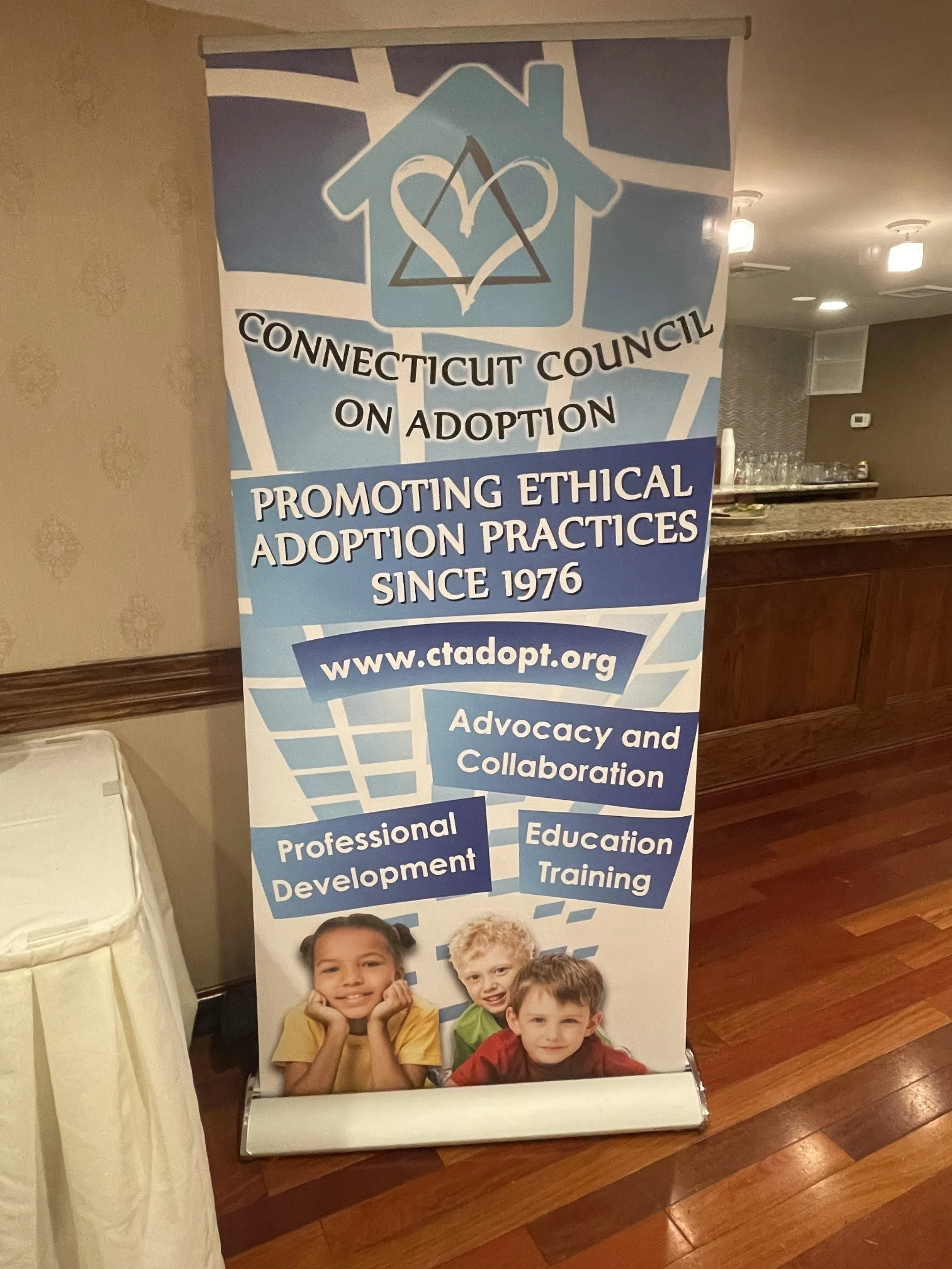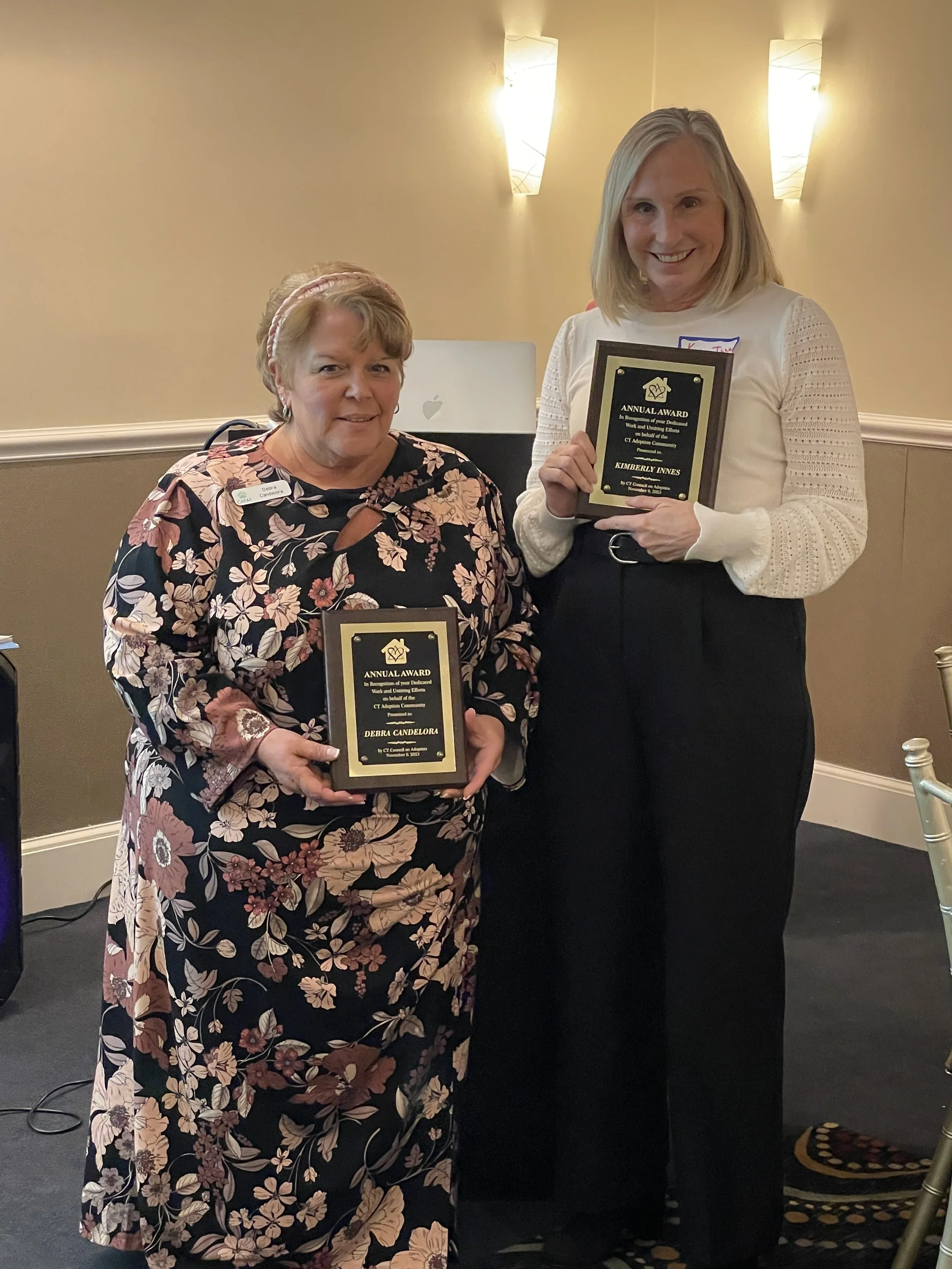OUR HISTORY
The Connecticut Council on Adoption (CCA) was formed in 1976 by members of the community engaged in child-placing practices including probate judges, social workers, adoptive parents and birth parents. The Department of Children and Families, Open Door Society (adoptive parents’ organization), and private child-placing agencies worked to form a coalition that would serve the needs of Connecticut’s children. The newly formed organization obtained non-profit status with the help of Judge Glenn Knierim, and was then awarded a federal grant to train mental health professionals on adoption issues for special needs children.
One of CCA’s earliest accomplishments was the creation and publication of booklets providing information on adoption issues to mental health professionals. These booklets caught the interest of the North American Council on Adoptable Children (NACAC), who then spearheaded efforts to bring distribution to the national level. CCA also began to offer its members annual programs with trainings on adoption practice and services. Membership was opened to all individuals touched by adoption, as well as organizations in the adoption community and agencies involved in adoption practice.
In addition to training programs, CCA became actively involved in advocacy related to adoption issues, particularly the recognition of paternal rights in cases of adoption. Fathers had not traditionally been considered in the infant adoption process and this raised concern for potential legal issues in the future, which could negatively impact the birth father, child, and adoptive family. CCA was instrumental in protecting the rights of the father when a child was relinquished in adoption proceedings.
CCA was also actively involved in legislative advocacy, most notably as part of the effort to change CT state law to allow adult adoptees access to their original birth certificates. Recent research has driven a shift in adoption practice, moving from a tradition of secrecy toward more openness and transparency. This shift has been identified as crucial to the health and wellbeing of adoptees. For example, lack of access to original birth certificates was often a barrier to obtaining medical history information.
CCA joined forces with a growing grassroots movement called Access CT, and in 2015 a partial law was passed allowing adoptees whose adoption occurred after October 1983 to request a copy of their original birth certificate. CCA and Access CT’s continued commitment to this cause led to further legislation in 2021 that allows all adults adopted in CT to access their original birth certificates, making CT the 10th state in the U.S. to do so.
CCA has participated in coalitions and has maintained an ongoing collaborative relationship with CT probate courts. This has allowed us to assist private agencies in resolving practice issues by facilitating communication with the courts. Since 2018, CCA has led a collaborative work group focusing on reforms to the Identified Adoption statute and regulations, and new legislation has been introduced twice to the CT General Assembly.
While many organizations concentrate on one stage of the adoption process, CCA is concerned with adoption ethics and practices throughout the adoption process. In 2017 our logo was updated to incorporate the symbol for adoption: an intertwined triangle and heart. The triangle represents the Adoption Triad: birth family, adopting family, and adoptee. The heart represents love and the bond the three sides of the triangle share. This symbol is often displayed in art, tattoos, jewelry, and sometimes clothing.
Together, the heart and triangle reflect CCA’s core commitment to serving all members of the adoption community, through all stages of the adoption process. We’re proud to feature them in our logo, and dedicated to upholding the values they represent in the everyday practice of our mission.






